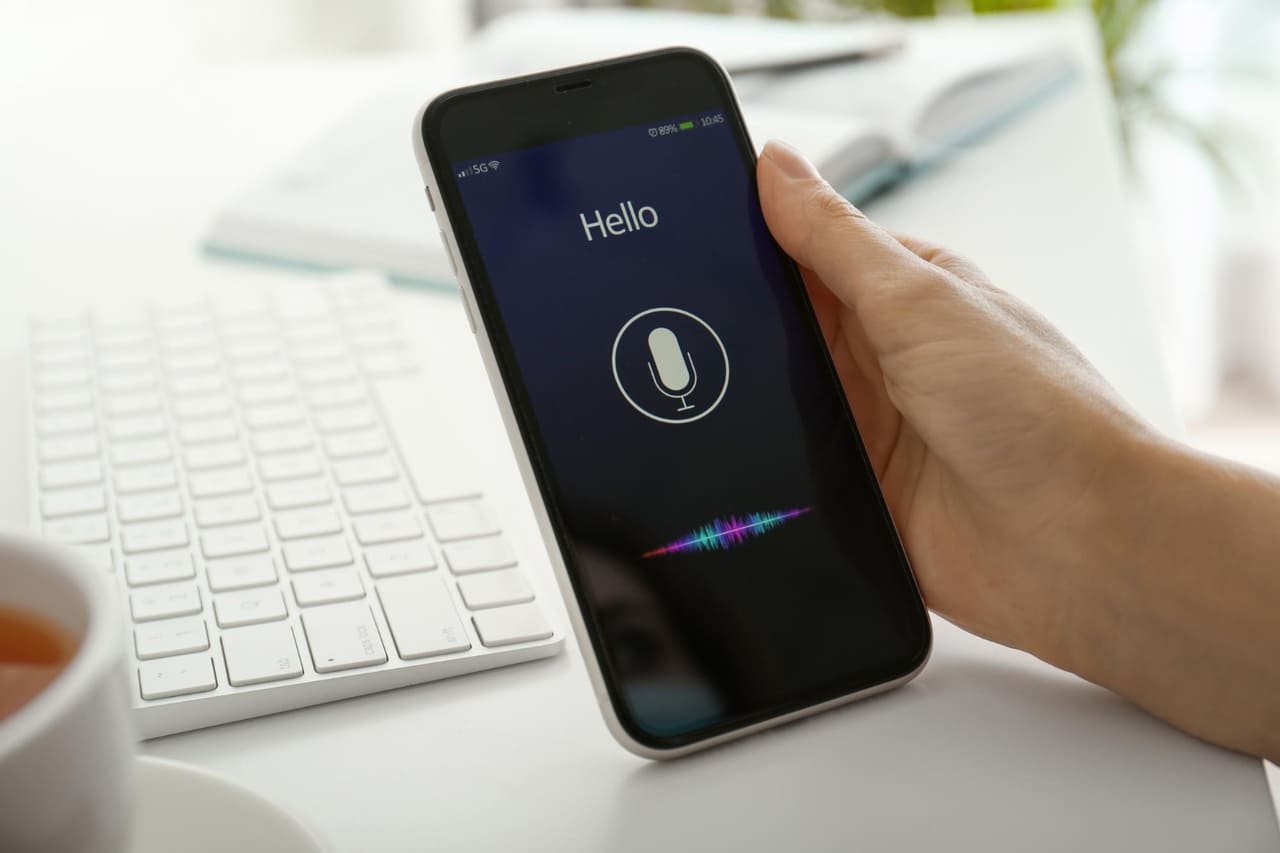In today’s digital age, voice assistants have become an integral part of our daily lives. From setting reminders to controlling smart home devices, these assistants, like Alexa, Siri, and Google Assistant, have revolutionized the way we interact with technology. But have you ever wondered how voice assistants store data and maintain your privacy? This article will delve into the mechanisms behind data storage and the measures taken to ensure your information remains secure.

Understanding Voice Assistants
Before exploring how voice assistants store data, it’s essential to understand what they are. Voice assistants are software programs that use voice recognition and natural language processing to assist users in performing tasks. They are designed to make life more convenient by responding to voice commands and learning from user interactions.
How Do Voice Assistants Work?
Voice assistants function by capturing audio inputs, processing them, and providing appropriate responses. But what happens to the data? When you give a command, your voice is converted into a digital signal and sent to the cloud, where sophisticated algorithms interpret the request and send back a response.
Cloud-Based Processing
The majority of the data processing occurs in the cloud. This means that your voice recordings are temporarily stored on the servers of companies like Amazon, Google, or Apple. This cloud-based approach enables quick and accurate responses but also raises concerns about data privacy.
Data Storage Mechanisms
Now, let’s explore how voice assistants store data. The process can be broadly divided into two parts: temporary storage and long-term storage.
Temporary Storage
When a voice assistant receives a command, it stores the audio data temporarily for processing. This data is usually deleted once the task is completed, ensuring that conversations are not stored indefinitely.
Long-Term Storage
Some interactions may be stored long-term to improve the assistant’s performance. Companies often use anonymized data to train their algorithms, making them more efficient over time. However, users usually have the option to manage or delete their stored data through account settings.
Ensuring Privacy and Security
Privacy is a significant concern when it comes to how voice assistants store data. Companies have implemented various measures to ensure that user data is protected.
Data Encryption
One crucial step is encrypting the data. Encryption converts the data into a code to prevent unauthorized access. Even if someone intercepts the data, they won’t be able to read it without the decryption key.
User Consent and Control
Most companies require users to consent to data collection and provide options to control what data is stored. You can choose to delete recordings or disable certain features to enhance privacy.
Regular Security Audits
Companies conduct regular security audits to identify and rectify vulnerabilities. This ongoing vigilance helps in safeguarding user data from potential breaches.
Challenges and Concerns
Despite the measures in place, there are challenges in ensuring complete privacy. Hackers may attempt to breach systems, and there are concerns about how companies might use the data.
Potential for Misuse
There is always a risk that the data could be used for purposes other than intended, such as targeted advertising. Transparency in data usage policies is crucial to maintain user trust.
Technological Limitations
While technology is advancing, there are still limitations in ensuring 100% security. Continuous improvements and innovations are necessary to keep up with emerging threats.
Future of Voice Assistants
The future of voice assistants looks promising, with potential advancements in technology and privacy measures. As these assistants become more sophisticated, they will likely offer even greater convenience while ensuring user data remains secure.
For more insights, you might want to explore voice assistant guides and their impact on user experiences.
Conclusion
Understanding how voice assistants store data is crucial in today’s tech-driven world. While these assistants offer numerous benefits, it’s essential to be aware of the privacy implications and take steps to protect your data. By staying informed and utilizing available privacy controls, you can enjoy the convenience of voice assistants without compromising your security.
Related Articles
Learn more about voice assistants for pet care and their unique applications.
Curious about the benefits of voice-controlled devices? Discover how they can transform your daily routines.
Explore how voice control with Matter standard is enhancing smart home connectivity.

FAQs
Can I delete my voice recordings?
Yes, most voice assistants allow you to manage and delete your voice recordings through account settings.
How secure is the data stored by voice assistants?
Data stored by voice assistants is typically encrypted and protected by security protocols, but it’s important to stay informed about privacy policies and updates.
Do voice assistants listen to conversations all the time?
Voice assistants are designed to listen for specific wake words and do not continuously record conversations. However, it’s always good to review privacy settings to ensure your comfort.
This article contains affiliate links. We may earn a commission at no extra cost to you.






